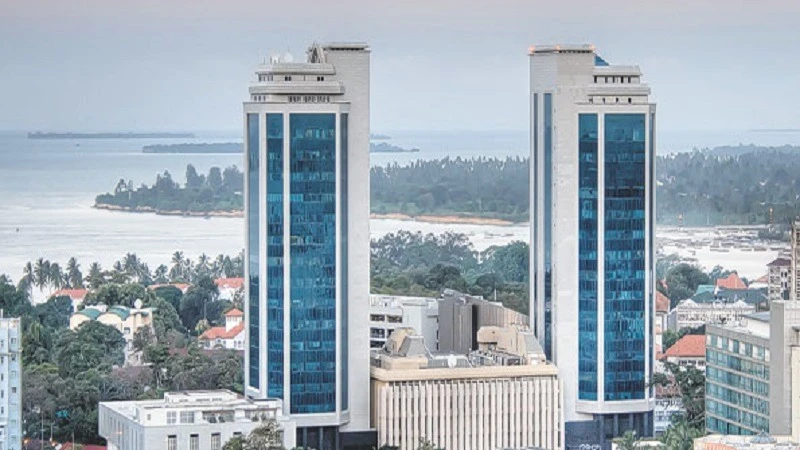BoT: Financial inclusion stands at 78pc

Tanzania's financial inclusion rate stands at 78 percent, on the basis of findings of a recent study by the Bank of Tanzania (BoT).
Emmanuel Tutuba, the governor, made this observation in the company of Dr Baghayo Saqware, the Tanzania Insurance Regulatory Authority (TIRA) commissioner, at a regional financial flows compatibility meeting in Zanzibar lately.
The meeting grouped members of the Committee of Insurance, Securities and Non-Banking Financial Authorities (CISNA) from the 16 member states of the Southern Africa Development Community (SADC), seeking to intensify legislative efforts to enhance regional integration by harmonizing operations of financial systems.
During the meeting, CISNA members adopted model regulatory frameworks drawn up by BoT experts and the CISNA secretariat, intended to combat financial crime, tied up with dubious business practices in the region.
Kenneth Matomola, the chief executive officer and registrar of non-banks financial institutions in Namibia, the CISNA committee chairman, said that the mechanisms we have established are intended to combat financial crimes that have become increasingly prevalent, including cross-border money laundering and terrorism financing.”
The proposed collaboration aims to expand markets, create jobs, and drive economic growth within the region, facilitating integration with trade partners across the African continent, including countries within the East African Community (EAC).
Matomola highlighted that the harmonization process will enhance cooperation in regulating insurance, capital markets, micro-finance, and non-banking financial services, which currently lack efficiency in the Southern African Development Community (SADC).
The committee also addressed the challenges posed by climate change to agriculture and trade, noting the rising frequency of extreme weather events affecting countries in Africa and beyond.
CISNA members stressed the need to incorporate the Sustainable Development Goals (SDGs) into their operations, aiming to develop financial products that promote environmental sustainability.
Earlier this year, SADC Finance and Investment Ministers convened in Johannesburg, South Africa, where they recommended operationalizing compatible financial systems to facilitate the smooth transfer of funds between member countries. This compatibility will support effective action against money laundering and terrorism financing, as outlined in Annex 12 of the SADC Protocol on Finance and Investment.
The responsible Ministers called for the initiative to be monitored by a select group from each country to ensure effective and proportional regional action in line with SADC protocols.
The four-day meeting was inaugurated by Ali Suleiman Ameir, Zanzibar’s Minister of State in the President’s Office, on behalf of Finance Minister Dr Mwigulu Nchemba. Other notable attendees included. He highlighted that Tanzania’s major exports and imports within the SADC region include gold, coffee, cashew nuts, and cotton. The most traded products in the market comprise gold, tobacco, wheat flour, and carbonated drinks, alongside ceramic goods, fish, glass, cement, soap, footwear, and mosquito nets.
Top Headlines
© 2024 IPPMEDIA.COM. ALL RIGHTS RESERVED






















